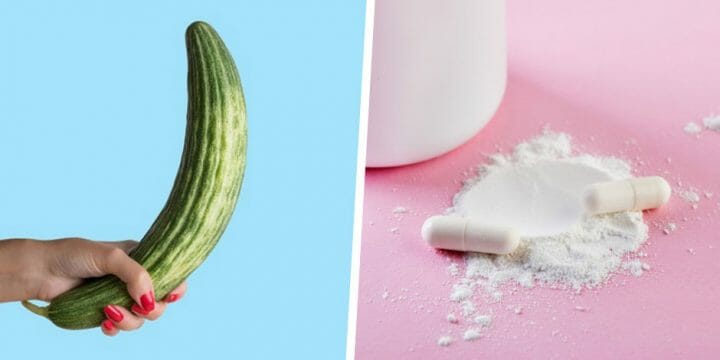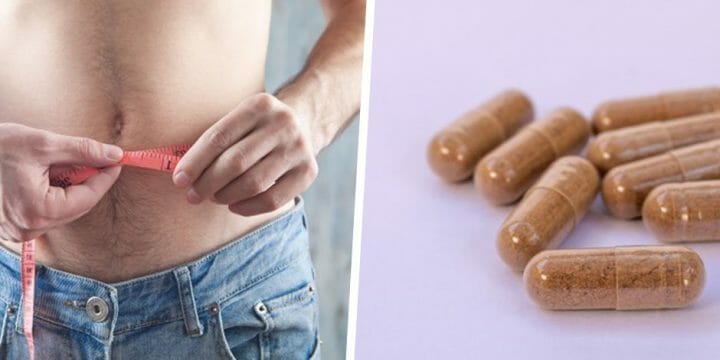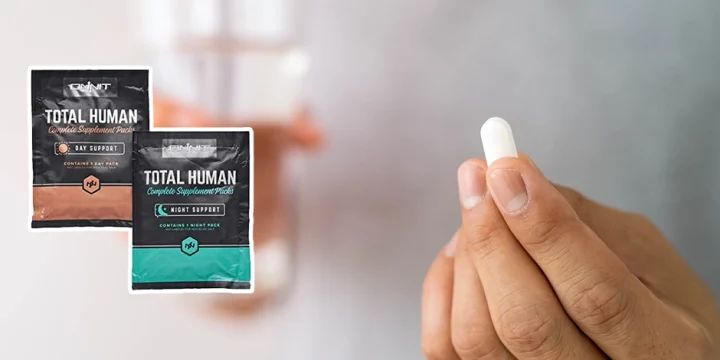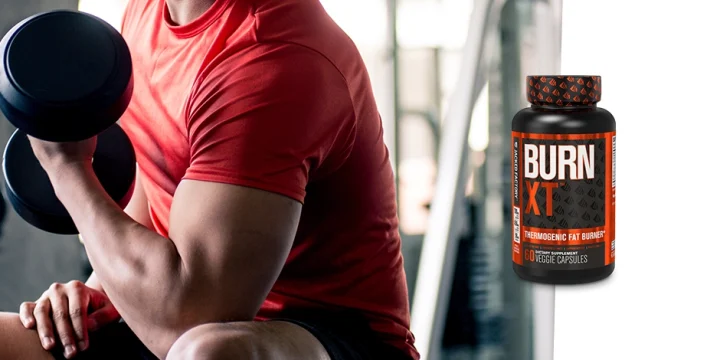As a dietitian, I frequently encounter patients at the clinic who are curious about dietary supplements, especially those popular in the fitness community. Many of them have heard about the latest trending weight-loss products at the gym and come to me seeking professional advice.
To provide accurate and comprehensive guidance, I collaborated with a fitness expert to thoroughly evaluate the risks and benefits of oral creatine supplementation. This collaboration was aimed at empowering our patients with the knowledge they need to make informed decisions about their health.
Continue reading to discover whether creatine supplementation can indeed aid in weight loss.
Quick Summary
- Creatine indirectly aids weight loss by promoting muscle growth, which can lead to a reduction in body fat due to higher calorie burn by muscle tissue.
- Besides muscle growth, creatine improves brain function, athletic performance, lowers blood sugar levels, and may combat neurological diseases.
- The National Institute of Health notes that muscles store about 95% of the body's creatine, highlighting its significance in muscle function and energy provision.
- Based on my professional experience, while creatine is not a direct fat burner, its role in enhancing muscle mass and overall athletic performance makes it a valuable supplement in a weight management regimen.
Will Creatine Help You Lose Weight?

Creatine may indirectly help you lose weight by promoting muscle growth.
Increasing muscle mass can help strip body fat because muscle tissue burns more calories than fatty tissue.
One of my patients, for example, noticed a significant increase in muscle mass after supplementing with creatine, which helped in reducing body fat.
Before diving into creatine’s role in weight loss, let’s look at what it is and what it does in the body.
What Is Creatine?
Creatine is an amino acid found in muscle cells. It provides energy to muscles during workouts or other intense activities.
According to the National Institute of Health (NIH), the muscles store approximately 95% of the creatine in the body in the form of phosphocreatine (creatine phosphate) [1].
Most people get through consuming seafood and red meat.
Additionally, according to MayoClinic, our bodies produce about one gram daily of creatine naturally in the liver, pancreas, and kidneys [2].
Related: Is Mass Gainer Effective for Weight Loss?
According to the International Society of Sports Nutrition, creatine monohydrate is the most common type of creatine found in supplements and the most effective for increasing athletic performance, capacity, and lean muscle mass [3].

What Does Creatine Do?
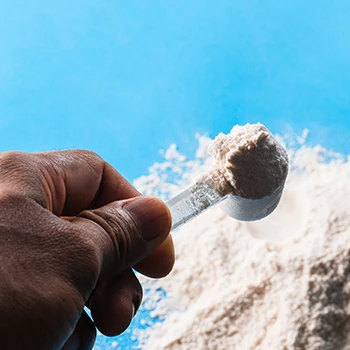
According to NIH, Creatine supplements boosts muscle energy, especially during intense workouts. It replenishes energy quickly, aiding weightlifters at the gym [4].
Runners also benefit from creatine, gaining strength and endurance.
However, creatine can cause water retention, as it draws water into muscles. I've seen several cases where creatine led to water retention, particularly in the initial high-dose phase. A patient of mine experienced this firsthand, noticing an increase in water weight.
According to NIH, you should expect a possible weight increase on the scale, gaining up to 4.5 pounds in the first week [5].
"Consuming creatine supplements can increase the amount of it in your cells. This can aid energy production and improve exercise performance.”
-Grant Tinsley, Ph.D.
How Much Creatine Is Safe to Take?
It is difficult to say how much creatine is safe to take because no established dose exist, and studies evaluating athletic performance use varying amounts.
Now, having said that, there is some common practice among creatine users.
According to WebMed, many users will start with a creatine loading phase of 20 grams daily for up to seven days and follow that up with a maintenance dose of up to ten grams for a max of 16 weeks [6].
The loading phase saturates your muscles with creatine with the hope of experiencing the benefits sooner.
Are There Any Health Benefits to Taking Creatine?

In my years as a dietitian, I've seen creatine offer numerous health benefits, not just for muscles but also for blood sugar and cognitive functions.
One of my patients, for instance, reported improved focus and cognitive clarity after incorporating creatine into his regimen, alongside its physical benefits.
Let's look at the list of those benefits:
- Improves athletic performance
- May aid exercise recovery
- May prevent or reduce injury
- Can increase training capacity and tolerance
- Efficiently promotes muscle gains
- May fight against neurological diseases
- May lower blood sugar
- May reduce fatigue and tiredness
- Can improve brain function
Are There Any Side Effects?
Like any supplement, creatine can have side effects, especially if taken in excess or without proper hydration. Here are six potential side effects of creatine:
- Water Retention: Creatine causes muscles to draw water from the rest of the body, leading to increased water retention. This can result in a bloated feeling and temporary weight gain.
- Digestive Issues: Some people may experience digestive problems such as stomach pain, nausea, diarrhea, or cramping when they start taking creatine.
- Kidney Damage (with Long-term Overuse): While creatine is generally safe for kidney health in healthy individuals, there is concern that long-term overuse or use by individuals with pre-existing kidney conditions could potentially lead to kidney damage.
- Muscle Cramping and Strains: There is some anecdotal evidence that creatine supplementation might increase the risk of muscle cramps or strains, although scientific studies have not conclusively proven this.
- Dehydration: Creatine increases water retention in muscles, which could potentially lead to dehydration, especially if you're not consuming enough fluids. This is particularly a concern during intense exercise or in hot environments.
- Electrolyte Imbalance: Due to the increased water retention in the muscles, there might be a shift in electrolyte balance, which can affect muscle function and overall health.
FAQs
Should You Take Creatine if You Are in a Calorie Deficit?
You should take creatine during a calorie deficit to potentially aid muscle repair and recovery that training during a cutting phase may otherwise impair.
Should I Take Creatine When Trying to Lose Belly Fat?
You should not take creatine if you are trying to lose belly fat because it is not a fat burner.
However, creatine supplementation can maximize athletic performance and promote lean body mass. These benefits can indirectly aid fat loss because muscle tissue burns more calories than fat.
References:
- https://pubmed.ncbi.nlm.nih.gov/12184144/
- https://www.mayoclinic.org/drugs-supplements-creatine/art-20347591
- https://www.ncbi.nlm.nih.gov/pmc/articles/PMC2048496/
- https://www.ncbi.nlm.nih.gov/pmc/articles/PMC7910963/
- https://www.ncbi.nlm.nih.gov/pmc/articles/PMC2048496/
- https://www.webmd.com/vitamins/ai/ingredientmono-873/creatine
About The Author
You May Also Like

